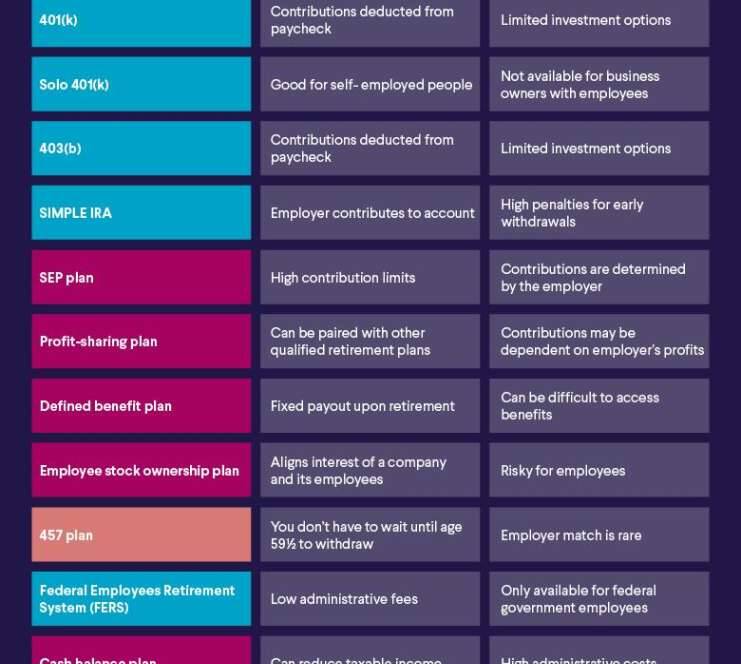Starbucks CEO Fired Amid Sales Drop Due to Israel Boycott: What You Need to Know
In a surprising turn of events, Starbucks Corp. has announced the firing of its CEO, Kevin Johnson, due to a significant drop in sales following the company’s decision to boycott Israel. The decision comes after months of controversy and public outcry, as customers and stakeholders alike expressed their dismay over the company’s stance on the issue. This article will delve into the details of the boycott, its impact on Starbucks’ sales, and the subsequent firing of its CEO, shedding light on the complexities of corporate responsibility in the modern age.
Background of the Israel Boycott
The controversy surrounding Starbucks began when the company announced its decision to boycott Israel in response to international pressure and calls for solidarity with the Palestinian people. The move was met with widespread criticism from pro-Israel groups and customers, who viewed it as a politically biased stance that alienated a significant portion of the company’s consumer base. Many took to social media to express their outrage and vowed to boycott Starbucks until the decision was reversed. This led to a wave of negative publicity and a decline in sales for the coffee giant.
Impact on Sales and Financial Performance
The Israel boycott has had a significant impact on Starbucks’ sales and financial performance. The company reported a sharp drop in revenue in the months following the announcement, as an increasing number of customers chose to take their business elsewhere. The negative publicity and consumer backlash also affected Starbucks’ stock price, causing further concerns among investors and stakeholders. This downturn in sales ultimately led to the termination of CEO Kevin Johnson, as the company sought to course-correct and regain the trust of its customers and shareholders.
The Termination of CEO Kevin Johnson
The firing of CEO Kevin Johnson marks a pivotal moment in Starbucks’ history, representing the culmination of months of turmoil and uncertainty. Johnson, who had been at the helm of the company for several years, faced mounting pressure from the board of directors to address the sales decline and navigate the fallout from the Israel boycott. Despite efforts to implement damage control measures and steer the company back on track, Johnson ultimately paid the price for the decline in sales, as the board sought to take decisive action to revive Starbucks’ fortunes.
Looking Ahead: The Future of Starbucks
As Starbucks moves forward from this tumultuous period, the company faces the daunting task of rebuilding its reputation and reigniting consumer confidence. The incoming CEO will need to chart a new course for the company, one that prioritizes inclusivity, customer satisfaction, and responsible corporate behavior. Restoring relationships with customers who felt disenfranchised and addressing the concerns of stakeholders will be crucial in reclaiming Starbucks’ position as a leader in the coffee industry. The company’s response to the Israel boycott and the firing of its CEO will likely serve as a case study in corporate crisis management and the delicate balance of social responsibility and business interests.
Practical Tips for Corporations Facing Similar Challenges
- Stay Neutral: When faced with contentious political issues, corporations should strive to remain neutral and avoid taking sides that could alienate significant segments of their customer base.
- Engage with Stakeholders: Open communication and active engagement with stakeholders and customers are essential in addressing concerns and resolving disputes. Transparency and accountability can help rebuild trust and credibility.
- Prioritize Ethical Business Practices: Upholding ethical business practices and corporate responsibility should be at the forefront of any company’s policies and decisions. Striking a balance between social responsibility and profitability is crucial for long-term success.
In Conclusion
The firing of Starbucks CEO amid a sales drop due to the Israel boycott underscores the far-reaching implications of corporate decisions and the delicate interplay between business and social responsibility. As the company navigates through this challenging period, it will need to take proactive steps to regain the trust of its customers and stakeholders, while reaffirming its commitment to ethical practices and inclusivity. The repercussions of this controversy are a sobering reminder of the impact that corporate actions can have on a global scale.
This controversy escalated further when Starbucks Workers United (SWU) union expressed “solidarity with Palestine” on social media after attacks by Hamas terrorists on October 7th. As a result, tensions rose between Starbucks and its consumers which led to boycotts affecting Middle Eastern franchisee operations.
Starbucks continually refuted claims of providing financial support to the Israeli government or military but struggled against misinformation spread online. Narasimhan took on his role as CEO at Starbucks after leading Reckitt, owner of Durex, but left midway through a three-year turnaround project.
Meanwhile Rachel Ruggeri will serve as an interim chief financial officer until Niccol officially begins his tenure at Starbucks on September 9th. Mellody Hobson, chairman of Starbucks expressed confidence that Niccol will bring transformative leadership needed for both employees and customers worldwide.
Experience unlimited access to award-winning journalism with The Telegraph free trial for three months including exclusive app features and money-saving offers!






